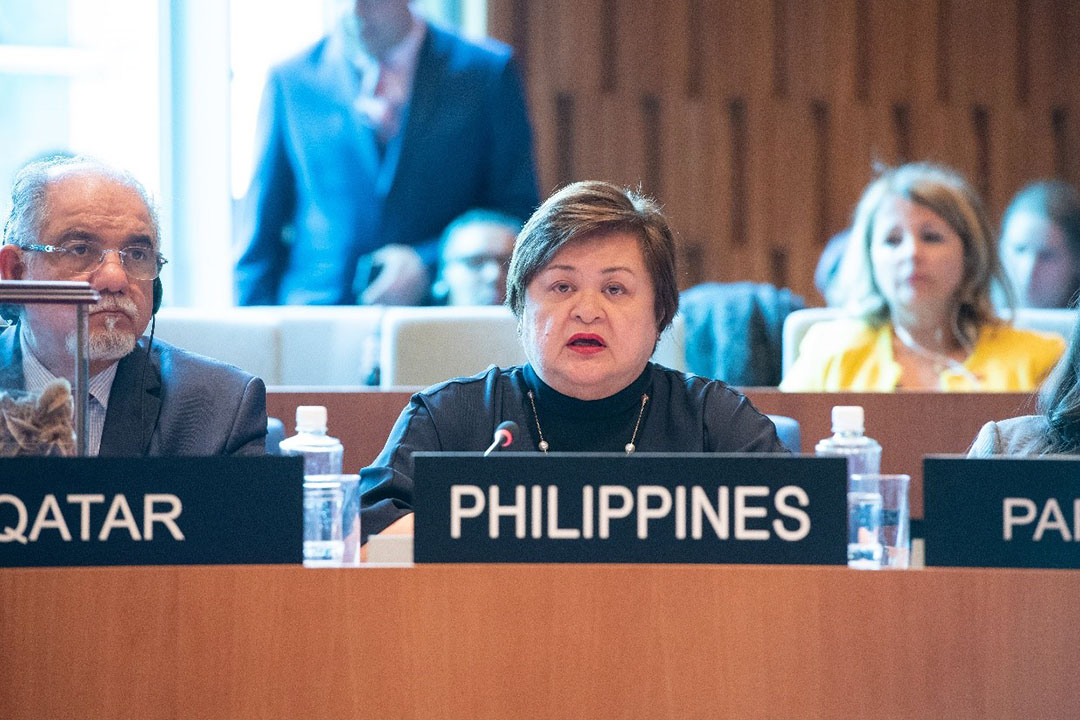 NEWLY appointed Foreign Affairs Secretary Ma. Theresa P. Lazaro — DFA.GOV.PH/UNESCO PHOTO
NEWLY appointed Foreign Affairs Secretary Ma. Theresa P. Lazaro — DFA.GOV.PH/UNESCO PHOTOBy Chloe Mari A. Hufana, Reporter
PRESIDENT Ferdinand R. Marcos, Jr.’s shake-up at the Department of Foreign Affairs (DFA) signals a strategic recalibration of Philippine diplomacy, as the country prepares to head the Association of Southeast Asian Nations (ASEAN) in 2026 and eyes a seat at the United Nations (UN) Security Council for 2027, political analysts said.
Francis M. Esteban, associate dean at the Far Eastern University’s Institute of Arts and Sciences, said the reassignment of Foreign Affairs Secretary Enrique A. Manalo to the UN is meant to boost the country’s bid for a nonpermanent seat at the Security Council in 2027.
“It is a welcome development to have him there, especially now that we’re eyeing a nonpermanent seat at the UN Security Council (UNSC),” he said in a Facebook Messenger chat. “His experience and his network with other top diplomats would surely bolster our bid.”
The new assignment followed Mr. Marcos’s order last week for all Cabinet officials to resign, part of what the presidential palace described as a “bold reset” to align government leadership with evolving national priorities.
Executive Secretary Lucas P. Bersamin later confirmed that Mr. Manalo would be reassigned as the Philippines’ permanent representative to the UN in New York — a post he held before becoming a secretary — while Undersecretary for Bilateral Relations and ASEAN Ma. Theresa P. Lazaro will take over as the country’s top diplomat effective July 31.
Mr. Marcos will attend the ASEAN Summit on May 26 and 27 in Kuala Lumpur to discuss geopolitics, economic matters and trade with the US with fellow Southeast Asian leaders.
The summit is expected to release a joint statement on the agreements among ASEAN leaders, the Gulf Cooperation Council and China.
Josue Raphael J. Cortez, a diplomacy lecturer at De La Salle-College of St. Benilde, said Mr. Manalo’s leadership was “proactive and pragmatic” amid regional tensions.
“His approach to multilateralism, as exemplified in the country’s forging of ties with other like-minded nations and bolstering existing ones, is indicative of this,” he said via Messenger chat.
He added that Mr. Manalo’s presence at the UN, the world’s central diplomatic stage, would help promote Philippine interests.
Mr. Esteban said the new diplomatic assignments show the Marcos administration’s emphasis on a rules-based international order.
“Having career diplomats in these key positions shields the agency from being politicized in a way that they can be more policy-oriented as well as goal-oriented, particularly in securing a seat at the UNSC and ensuring that ASEAN pushes an agenda and narrative consistent with the interest of the Philippines,” he added.
Ederson DT. Tapia, a public administration professor at the University of Makati, said the Cabinet revamp was expected after the poor performance of Mr. Marcos’ senatorial bets in the May 12 midterm elections.
“He does need to take decisive action, especially since some have already alluded to him being a ‘lame duck’ President,” he said in a Facebook Messenger chat. “That normally happens a year or so before the new administration comes in, but it’s too soon for Marcos.”
He said the courtesy resignations should not be a token act. “He should accept the resignations of Cabinet members, especially those with supervision over critical sectors, particularly communications.”
Mr. Esteban said Ms. Lazaro’s new post is a welcome development given her professional portfolio, as she led the DFA in high-profile meetings with several countries, including China.
“She will push a clear agenda, particularly perhaps in areas such as the South China Sea, ASEAN’s position in global wars and conflicts, such as in Ukraine and Palestine, as well as President Donald J. Trump’s actions in the Indo-Pacific, region,” he added.
Jeremy B. Gatdula, dean at the Institute of Law at the University of Asia and the Pacific, said her appointment could usher in a firmer Philippine stance on maritime disputes.
“[Expect] a more assertive stance in Philippine claims in the West Philippine Sea, with an emphasis on bringing up clearly the rule of law and international law,” he said via Messenger, adding that her experience in negotiating economic issues could help build alliances in support of the Philippines’ regional and global position.
The Stratbase Albert Del Rosario Institute also welcomed Ms. Lazaro’s appointment, citing her “critical role in continuing the Philippines’ assertive and principled stance in the West Philippine Sea.”
“The Stratbase Institute is confident that Secretary Lazaro will continue to advance the Philippines’ national interests, especially in the West Philippine Sea, continue efforts to enhance relations with like-minded partners and advocate for the promotion of a rules-based international order,” Stratbase President Victor Andres C. Manhit said in a statement.
Ms. Lazaro has more than four decades of experience in diplomacy. She held multiple posts at the Office of Asian and Pacific Affairs, including a stint as assistant secretary.
Her overseas assignments included ambassadorships to France, where she also served as the Philippines’ permanent delegate to the United Nations Educational, Scientific and Cultural Organization, and Switzerland.
She was consul general in Sydney, deputy consul general in New York and earlier served at Philippine missions in Madrid, Geneva and Bangkok.

 5 hours ago
1
5 hours ago
1
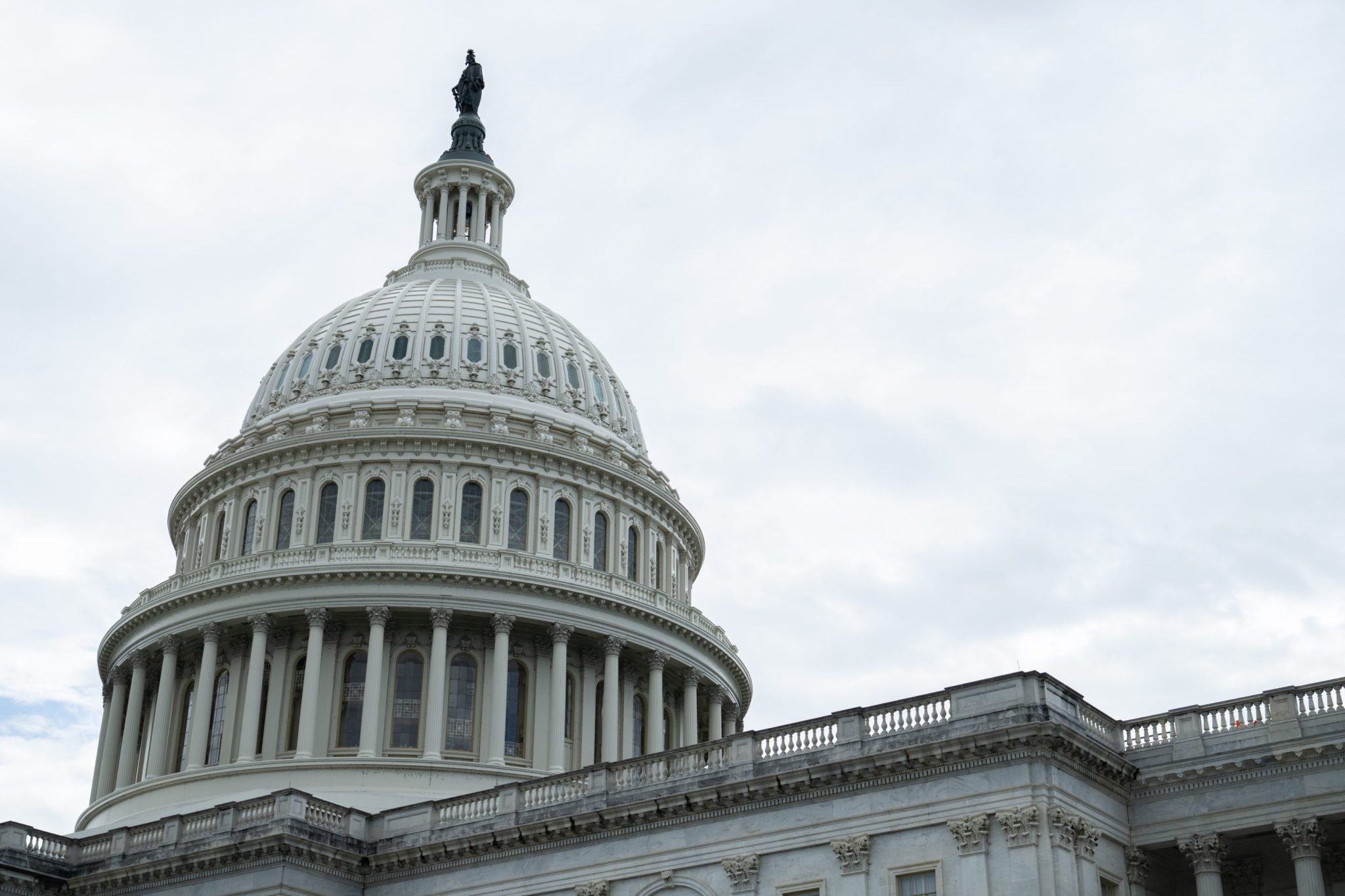





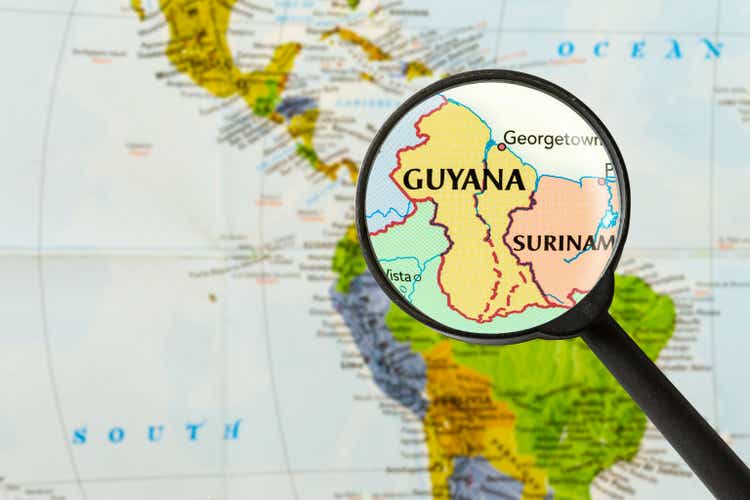

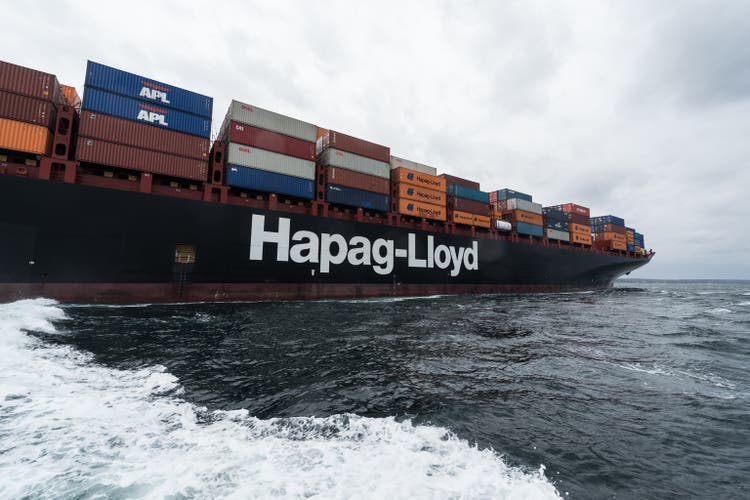

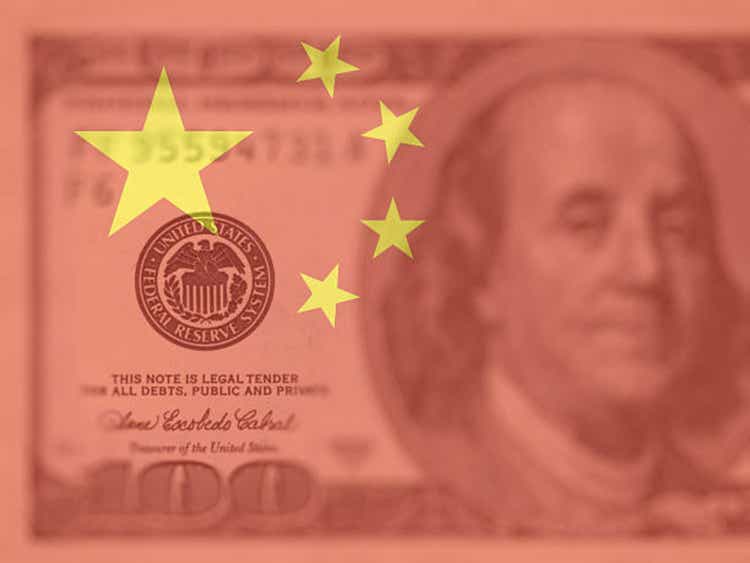



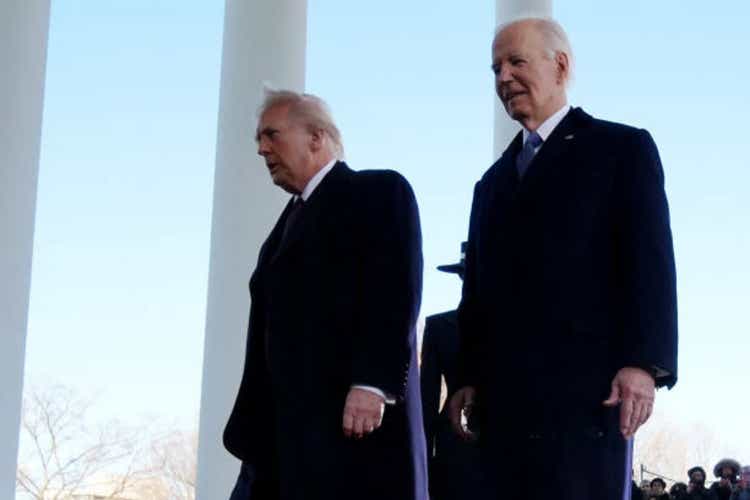

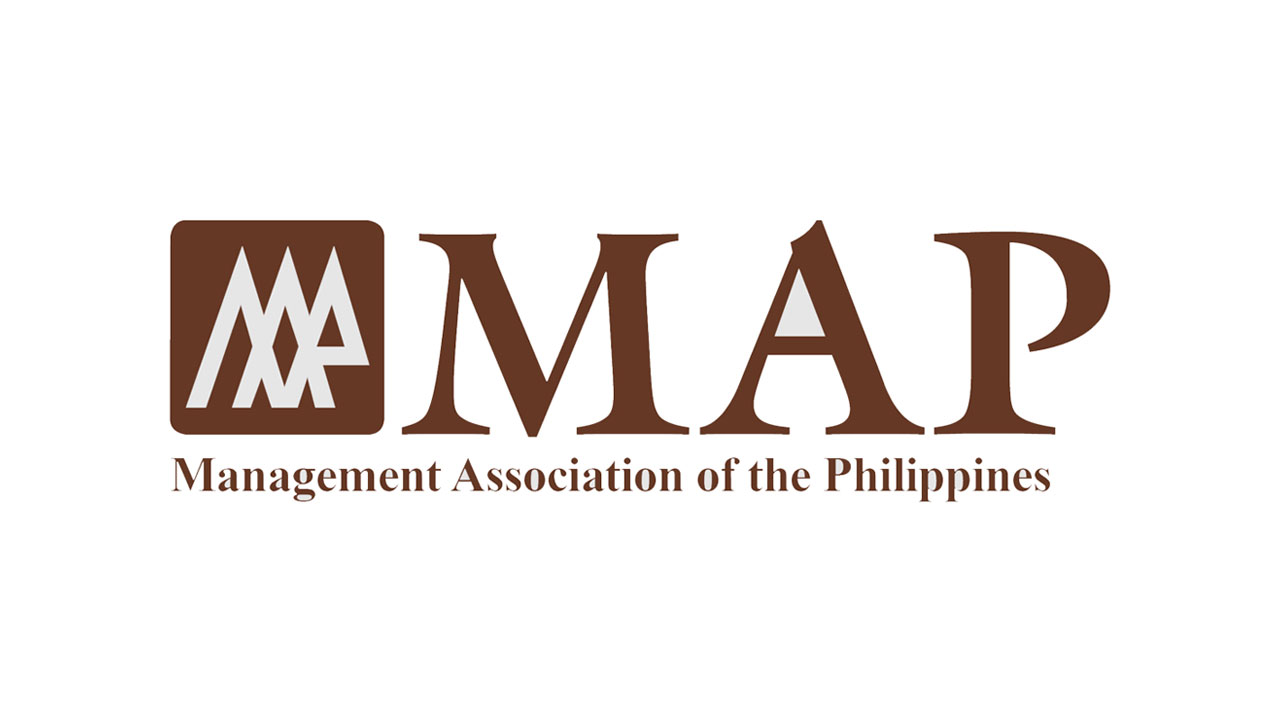
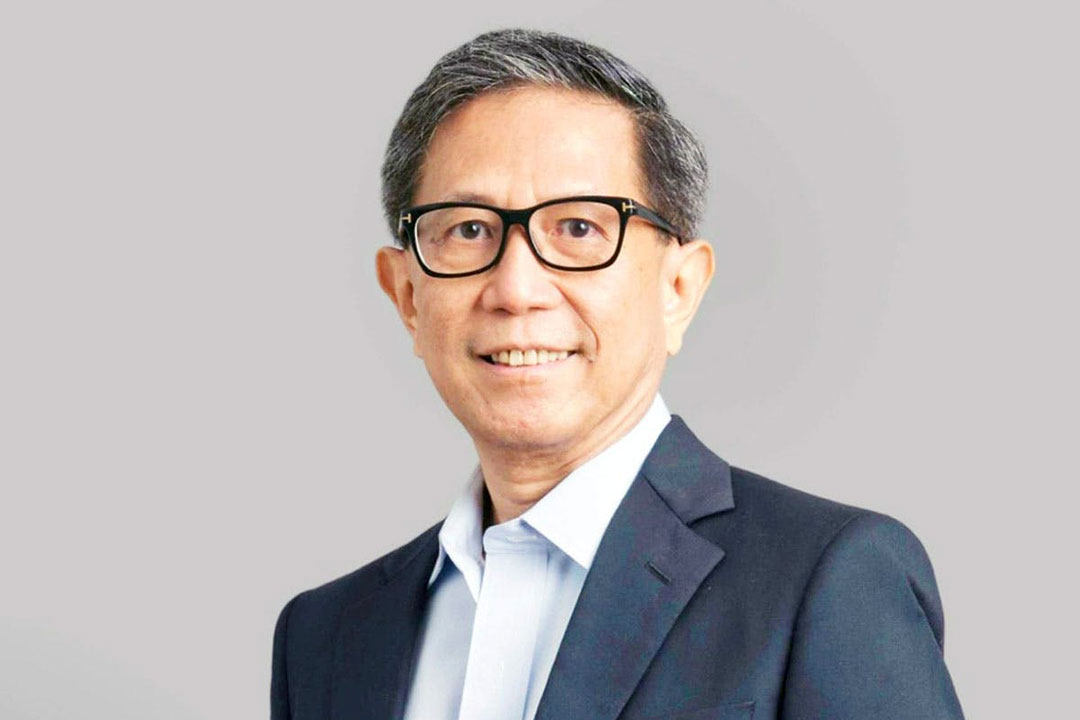
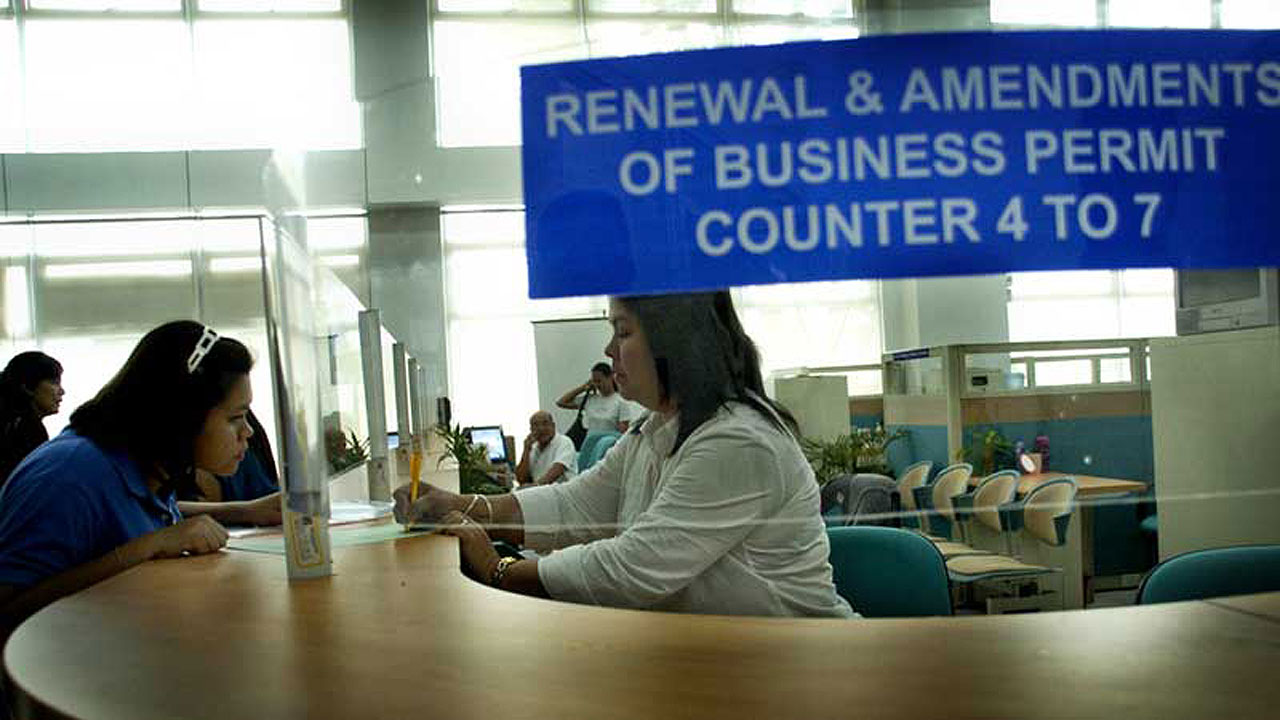

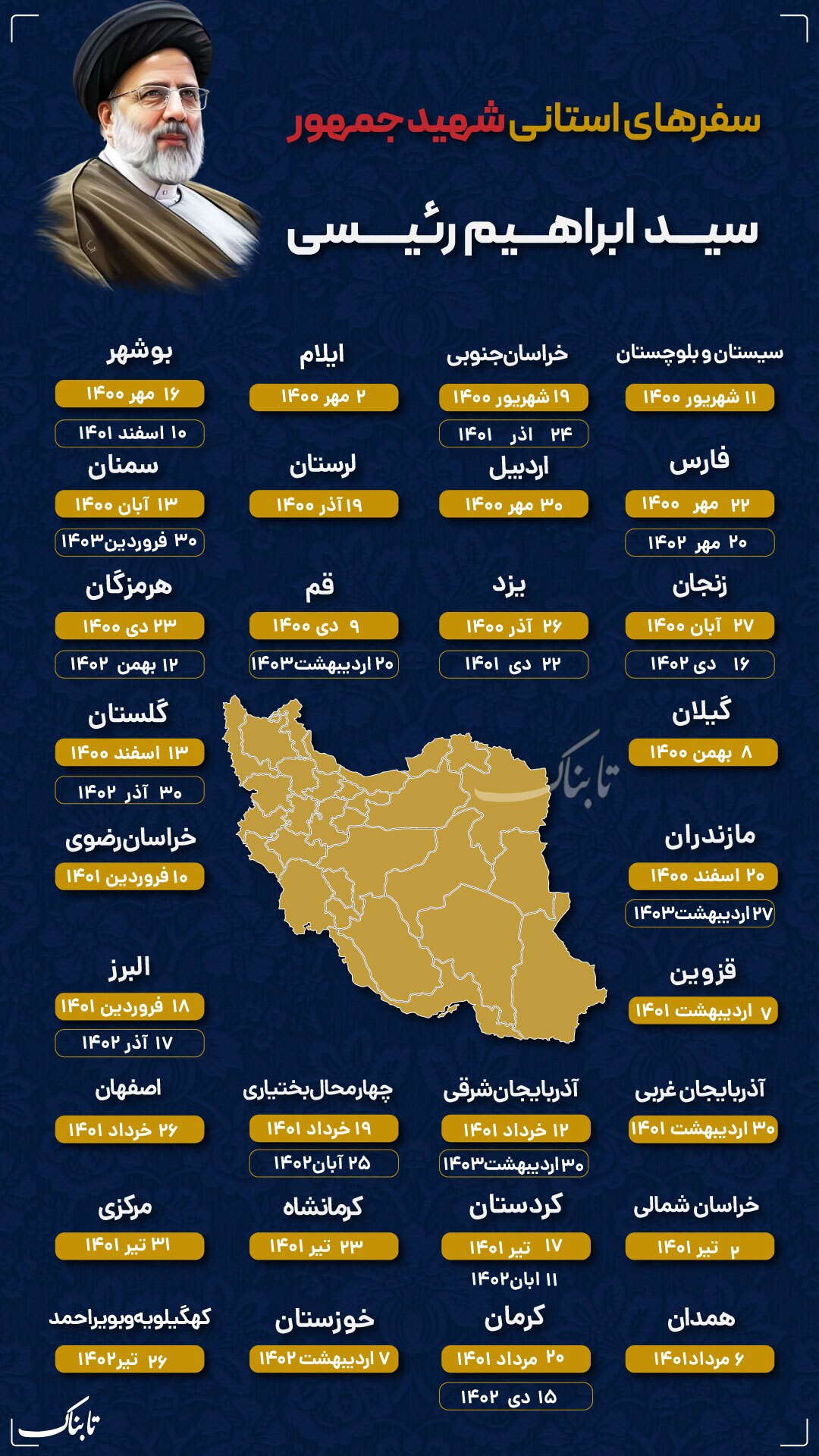
 English (US) ·
English (US) ·